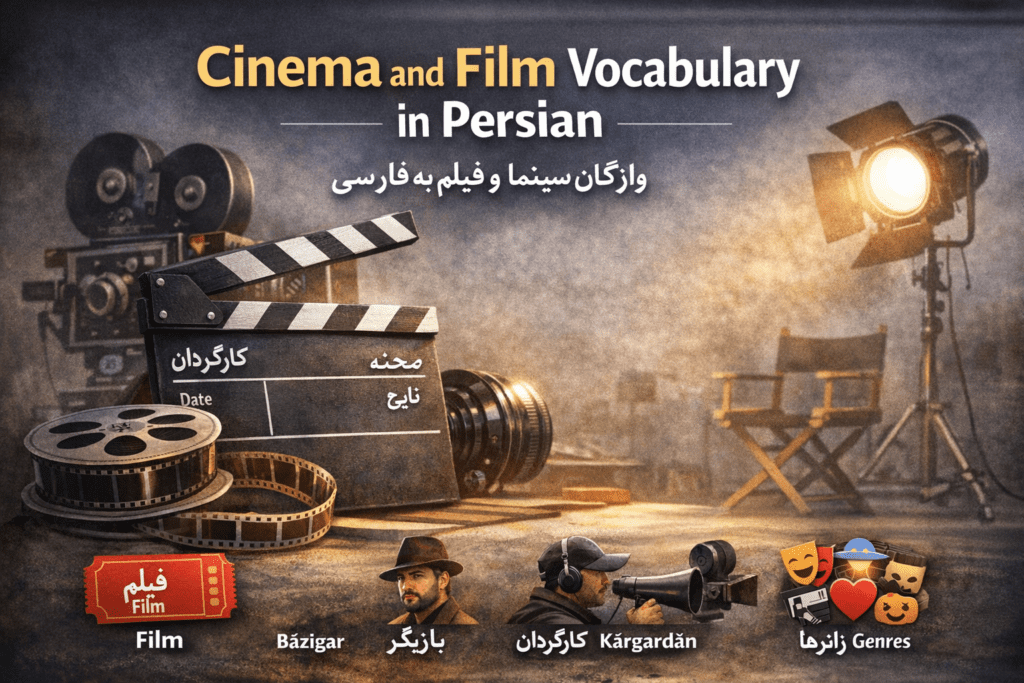Chaharshanbe Suri: The Iranian Fire Ritual Before Nowruz
The Persian New Year, known as Nowruz, is one of the most ancient and cherished celebrations among Persian-speaking communities worldwide. Before the arrival of Nowruz, however, a powerful fire ritual takes place to cleanse the past year’s hardships and welcome renewal, light, and hope.
This ritual is called Chaharshanbe Suri and it plays an essential role in Persian culture. In this article, we explore the history, symbolism, and modern traditions of Chaharshanbe Suri.
What Is Chaharshanbe Suri?
Chaharshanbe Suri, meaning “Red Wednesday”, is an ancient Iranian fire festival celebrated on the last Tuesday night before Nowruz. The main ritual involves jumping over small bonfires while chanting symbolic phrases that represent purification, health, and renewal.
The Origins of Chaharshanbe Suri
The roots of Chaharshanbe Suri trace back to Zoroastrianism, one of the world’s oldest religions originating in ancient Persia. Fire symbolizes purity, wisdom, and divine light, and jumping over fire was believed to cleanse the soul before entering the new year.
Although the celebration has evolved over centuries, its core meaning remains unchanged: leaving behind darkness and welcoming hope, joy, and renewal.
Why Do Iranians Jump Over Fire?
During Chaharshanbe Suri, people light small fires in streets, courtyards, or open spaces and jump over the flames while reciting the traditional chant:
“Zardi-ye man az to, sorkhi-ye to az man”
This phrase means “My sickness and weakness to you, your warmth and strength to me.” It symbolizes releasing illness, negativity, and hardship in exchange for health, vitality, and happiness.
How Is Chaharshanbe Suri Celebrated Today?
While fire-jumping remains the heart of Chaharshanbe Suri, several other traditions enrich the celebration:
1. Spoon Banging (Qashoq-Zani)
Children disguise themselves and go door to door banging spoons on bowls to receive nuts and sweets, similar to trick-or-treating. This tradition symbolizes sharing joy and good fortune.
2. Fireworks and Crackers
Modern celebrations often include fireworks and sparklers, although safety concerns have encouraged more controlled and community-based events.
3. Traditional Snacks
Families enjoy Ajil-e Moshkel Gosha, a symbolic mix of nuts and dried fruits believed to remove difficulties and bring good luck in the new year.
4. Fortune Telling (Fal-e Hafez)
Some people read Hafez’s poetry to seek guidance and inspiration for the year ahead.
The Symbolism of Fire in Persian Culture
Fire holds deep spiritual significance in Persian tradition. It represents purity, truth, and the victory of light over darkness. Lighting fires during Chaharshanbe Suri symbolizes spiritual cleansing and renewal.
Celebrating Chaharshanbe Suri Outside Iran
Today, Chaharshanbe Suri is celebrated not only in Iran but also in Afghanistan, Azerbaijan, Kurdistan, and among Persian diaspora communities across Europe, North America, and Australia.
How to Celebrate Chaharshanbe Suri at Home
- Light candles as a symbolic fire ritual
- Read Persian poetry, especially Hafez
- Prepare traditional Persian snacks
- Learn about Nowruz and Persian traditions
Learn Persian Culture and Language with Danaa School
Chaharshanbe Suri is just one example of the beauty of Persian culture. If you want to explore Iranian traditions and learn Farsi, join Danaa School. Our expert instructors offer engaging online courses for learners of all levels.
Start your Persian learning journey today with Danaa School.
Find Your Ideal Teacher
At Danaa School, you can choose your Farsi tutor from a selection of qualified and experienced teachers. Begin an exceptional journey into the world of Persian language!

What is the fire ceremony in Iran?
The fire ceremony in Iran, known as Chaharshanbe Suri, is celebrated before Nowruz, the Persian New Year. It involves lighting bonfires and participating in various rituals, including the tradition of jumping over the flames to symbolize purification and renewal.
Why do Persians jump over the fire for Nowruz?
Persians jump over the fire to symbolically rid themselves of past misfortunes and absorb the fire’s warmth, health, and energy for the coming year. The ritual chant, “Zardi ye man az to, sorkhi ye to az man,” reflects this exchange of negativity for positivity.
What is the tradition of fire in Persian New Year?
The tradition of fire during the Persian New Year stems from Zoroastrian customs. Fire symbolizes purity, light, and the renewal of life. The Chaharshanbe Suri festival is a key part of these traditions, celebrating the arrival of spring and the start of a new year.
What is the tradition of fire jumping?
Fire jumping is a key part of Chaharshanbe Suri, where participants leap over flames to cleanse themselves of the previous year’s sorrows and misfortunes, entering the new year with renewed energy.
What is the purpose of a fire ceremony?
The purpose of the fire ceremony is to symbolize purification, renewal, and the triumph of light over darkness. It represents the casting away of past troubles and the welcoming of a brighter future.
What is fire in Persian culture?
In Persian culture, fire represents purity, life, energy, and spiritual enlightenment. It plays a vital role in cultural and religious traditions, particularly during Nowruz and Chaharshanbe Suri.
Final Thoughts
Chaharshanbe Suri is more than a simple fire ritual—it celebrates life, community, and the enduring human spirit. Whether you’re lighting bonfires in Iran or jumping over flames in the diaspora, the festival of fire brings people together in a shared commitment to renewal and joy.
If you want to dive deeper into Persian culture, consider enrolling in Danaa School’s Farsi Learning programs. Enroll now.
Want to Learn Farsi at Danaa School?
Here are the best resources for you!









